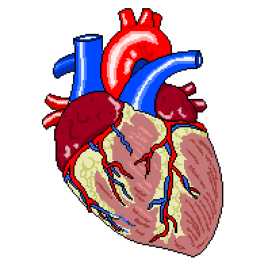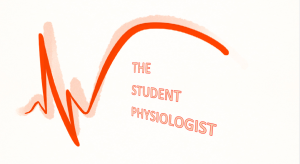To some of my experienced readers, the fact that pacemaker charities that recycle pacemakers exist may not be news at all, however if, like me, you had no idea, then hopefully this post will make for some heart-warming (sorry) reading.
I was interested in what happened to pacemakers when the user passed away, and after a quick internet search, I found that they were almost invariably stockpiled when cremation was requested, or buried with the deceased. Considering that there are over 34,000 pacing procedures performed in the UK alone, this seemed somewhat wasteful. Knowing that the average life of a standard pacemaker is currently anywhere between 6-10 years, I found it hard to believe that there would not be remaining battery life in the devices when they were no longer required.
Pacemaker research is advancing all the time; Medtronic released their “Micra” (pictured right), which is lead-less and no bigger than a large multivitamin tablet, so with more advances, the price of a standard pacemaker is dropping. The current prices are still out of reach for the people who need them in many developing countries and that’s before the cost of the procedure and hospitals accommodation/ follow up care are considered.
large multivitamin tablet, so with more advances, the price of a standard pacemaker is dropping. The current prices are still out of reach for the people who need them in many developing countries and that’s before the cost of the procedure and hospitals accommodation/ follow up care are considered.
A study at the Hospital of the University of Pennsylvania, led by Dr Payman Zamani discovered that of 27 pacemakers taken from a mortuary stockpile, 8 had a remaining battery life of at least 4 years. This is obviously 8×4 years of alleviated symptoms that are going to waste in this one mortuary alone, and it was estimated in 2011 that more than 1 million people from the developing world died as a result of not having access to pacemakers, so health organisations began looking at ways to reduce this waste.
Companies such as Heartbeat International and Heart to Heart have been recycling pacemakers since as far back as 1994, but in 2013, Pace4Life, a UK company run by Chemistry graduate Balasundaram Lavan began a partnership with the NHS and other healthcare organisations, and morgues to recycle as many viable pacing devices as possible. It’s against EU legislation for recycled pacemakers to be used domestically, but it is well within the confines of European guidelines for them to be taken from consenting individuals and used outside of its boundaries
Pace4Life only accept devices with >70% battery life remaining and during the refurbishing process, all former patient data is erased, so confidentiality is in no way compromised. Their website at http://www.pace4life.org contains a list of studies and guidelines with which they work as well as patient, next of kin and mortuary donation documents to enable people to help the less fortunate gain access to potentially life-saving medical equipment.
I’ll let Lavan himself explain a bit more:
Thanks!



